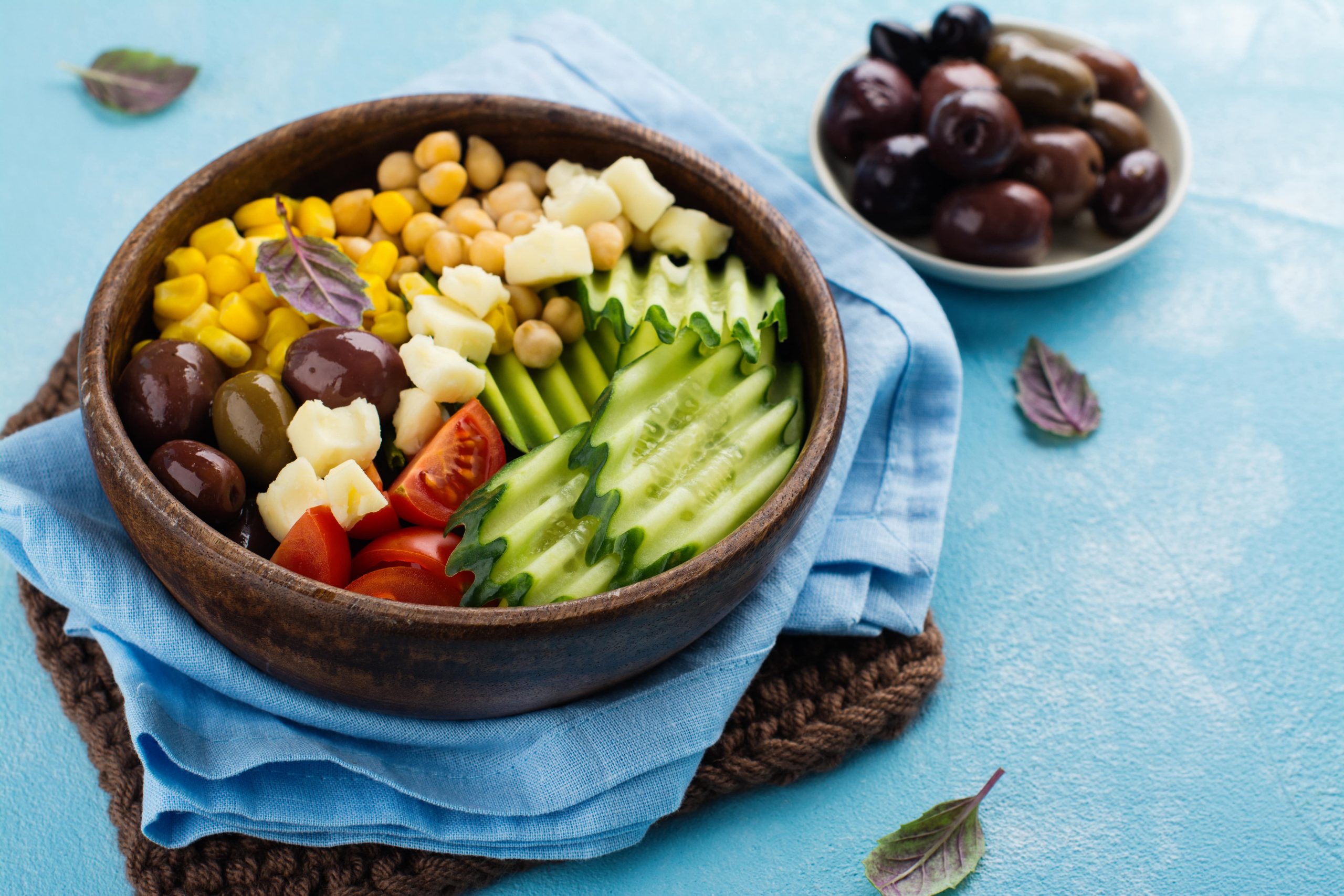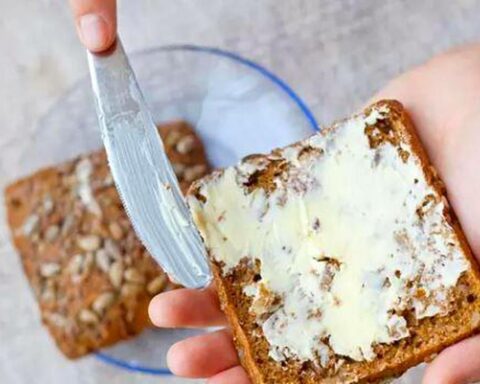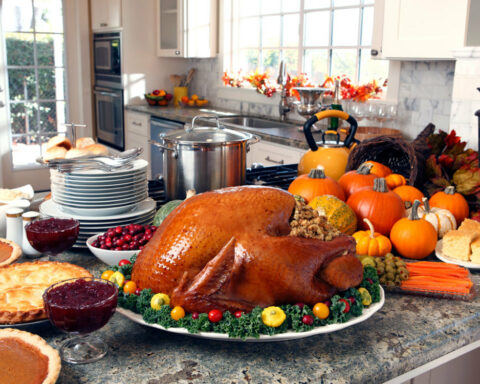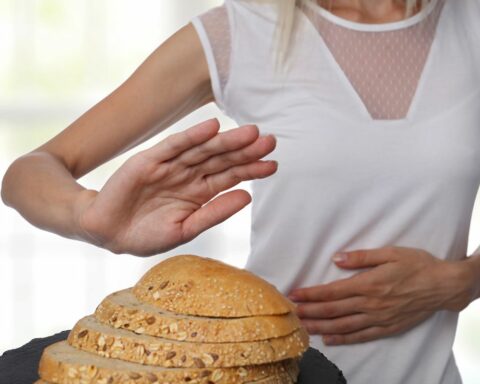If there is a form of dieting that has lasted for long, then it’s the raw food diet. Lasting for more than two millenniums, this diet has drastically gained attention in the recent years.
In the world today, there are more than God knows how many, forms of dieting. They are all created to either increase weight loss or improve health. The same applies for the Raw Food diet, whose proponents claim that by eating raw food improves your overall health and has more added benefits with regard to health. However, health professionals criticize this diet, saying that eating mostly raw foods can negatively impact your health. This article will cover both the good and bad sides of this diet and how you can follow it.
What Is the Raw Food Diet?
The raw food diet is also called raw veganism or raw foodism. It involves the consumption of mostly raw and unprocessed foods. A raw food according to this diet is that which has never been exposed to or heated over forty to eighty degrees Celsius. The food also has to be that which is not pasteurized, refined, processed, or treated with the pesticide. Alternatively, the diet wants its followers to blend, soak, sprout, dehydrate, or make a juice out of a certain food. The raw food diet is typically similar to the vegan diet because its foods are purely plant-based, such as fruits, seeds, vegetables, and nuts. Additionally, the raw food diet, apart from basing its foods on plants, some people may as well consume raw dairy and raw eggs. In rare cases do some include raw meat and fish.
The raw food diet abhors taking supplements of any kind. Supporters claim that there is no need for supplementing as your diet will fully provide any nutrient your body may need. Additionally, proponents claim that any cooked food is harmful to human health. This is because cooking interferes with the natural enzymes in foods, reduces the nutrient content in them, and lowers the “life force” that all raw foods have. They believe that raw foods are living and should not be “killed” with cooking. Many people who follow the raw food diet have their own reasons, including improving their overall health, reducing environmental pollution, reduced risk of chronic diseases, weight loss, increased metabolism and energy, and improved vitality.
How To Follow the Raw Food Diet
Since this diet is typically based on the consumption of completely raw foods, you will want to ensure that 75 percent of food you take is raw. The raw food foods include fruits, seeds, nuts, legumes, vegetables, and grains. Before you eat grains or legumes, you must ensure that they are soaked or sprouted.
Foods to Eat On the Raw Food Diet
The diet allows you to eat all fresh fruits, all raw vegetables, dried fruits, dried meat, raw nuts, raw seeds, raw legumes, raw grains, raw nut butters, seaweed, sprouts, nut milks, raw eggs, raw meat, raw dairy, raw fish, kimchi, sauerkraut, cold-pressed coconut and olive oils.
Food To Avoid On the Raw Food Diet
The raw food diet abhors the consumption of all foods exposed to 40-80 degrees Celsius. This may include cooked vegetables, grains, fruits, and cooked meat. You must also avoid refined oils, baked foods, roasted nuts, roasted seeds, regular table salt, chips, processed food and snacks, pastries, coffee, tea, pasteurized juices, pasteurized dairy, refined sugar, refined flour, pasta, roasted seeds and nuts, and alcohol.
Raw Food Versus Cooked Food – Which Is Healthier?
The proponents of the raw food diet strongly believe that eating raw food is the best for overall good health. Nonetheless, there is no science to back these claims. All the same, the raw food diet abhors cooking because it destroys the natural enzymes found in foods. According to supporters of this diet, natural enzymes are important to human health and are needed for digestion. Exposing foods to a temperature exceeding the recommended one in this diet denatures enzymes. However, studies suggest that enzymes only denature in acidic mediums of the digestive system, particularly the stomach. The human body has its own enzymes that catalyze various processes, including metabolism and digestion.
Another belief in the raw food diet is that cooking reduces the nutrient content of foods. Actually, some vital nutrients like vitamin C and B and other water-soluble ones can be reduced by cooking. On the other hand, cooking makes many beneficial nutrients and antioxidants more available, like beta carotene and lycopene. Keep in mind that cooking destroys other toxic compounds naturally present in foods. A good example is that of lectins and phytic acids in legumes that are reduced by cooking. When left intact in food or when a food is poorly cooked, these compounds may inhibit absorption of vital minerals like iron. Cooking also destroys harmful microbes in food. It would help if you ate both raw and cooked varieties of foods.
Health Benefits and Shortcomings of the Raw Food Diet
The raw food diet has some health benefits. This diet promotes the eating of fresh fruits and vegetables. Other foods included in it are also high in fiber and beneficial nutrients. Importantly, this diet discourages consumption of foods that would otherwise lead to bad health, especially if taken in excess, such as alcohol and added sugar. Furthermore, the raw food diet also promotes weight loss because one will have to consume few calories at the end of the day.
However, this diet also has its shortcomings. Quitting a diet of mostly cooked foods to that of raw ones, suddenly reduces calorie intake. How ever much you will try to stick to the diet, chances are very low that you will have to eat enough foods that will adequately meet your calorie needs. Fruits and vegetables, which make up the largest part of this diet, are low in calories and protein, and this cannot sustain your needs.
Conclusion
A raw food diet involves the consumption of raw fruits, vegetables, nuts, and seeds. It abhors table salt, processed foods, and all refined foods. This diet can help one lose weight as it is limiting the intake of junk foods. Nonetheless, the raw food diet cannot provide enough calories and protein you may need.
- FDC – Giejo Magazine Article - July 29, 2023
- MoriMa Tea the – Chinese tea culture - April 26, 2023
- Missionary Position – Least Likely To Bring You To Climax - April 7, 2023









